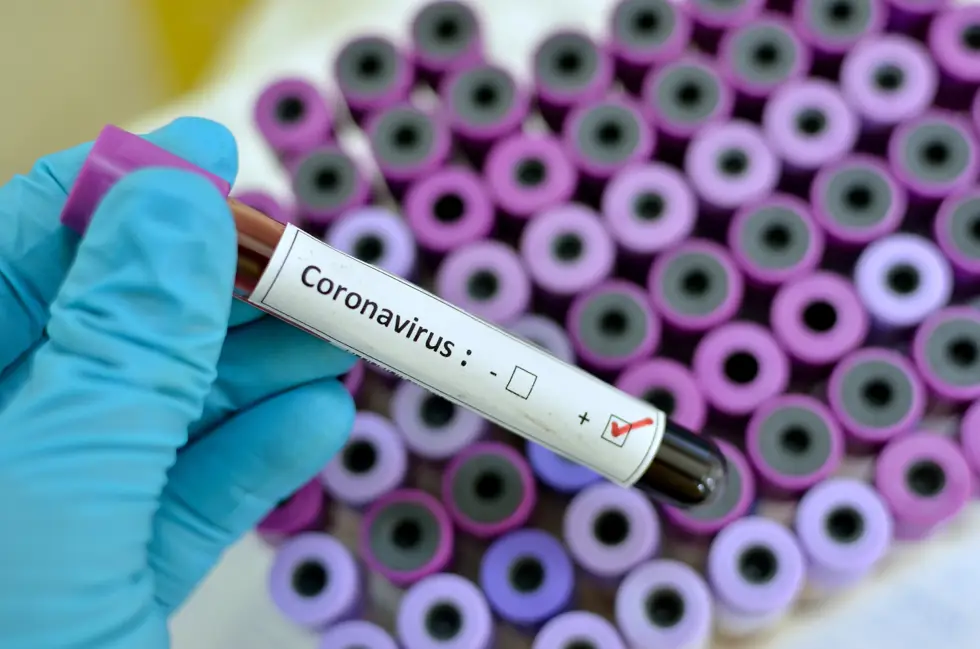As this is a fast moving topic, please note that this article is current as at 10/03/20. For further information, please contact Daniel Freeman.
The Health Protection (Coronavirus) Regulations 2020 (the Regulations) were laid before the UK Parliament on 10 February 2020 and put in place with immediate effect. A UK Government press release on the same day explained that the purpose of the Regulations is “to reduce the risk of further human-to-human transmission” of coronavirus (COVID-19).
The press release further stated:
The strengthened powers, effective immediately, will ensure that NHS staff dealing with possible cases can be confident the necessary powers are in place to keep individuals in isolation where public health professionals believe there is a reasonable risk an individual may have the virus.
In the same announcement, Secretary of State for Health and Social Care, Matt Hancock is noted as stating:
NHS staff and others will now be supported with additional legal powers to keep people safe across the country. The transmission of coronavirus would constitute a serious threat - so I am taking action to protect the public and isolate those at risk of spreading the virus.
The Regulations
The Regulations set out new powers “for medical professionals, public health professionals and the police” in assessing, treating, confining and detaining individuals with COVID-19. These Regulations impact on the ability of hospitals and clinicians to isolate or detain patients who may have COVID-19 or are being assessed for it.
Detention for screening, assessment and imposition of any restrictions (Regulation 4)
The Regulations allow for detention of members of the public “for screening, assessment and imposition of any restrictions” (restrictions set out under regulation 5) for up to 48 hours or alternatively if screening has been undertaken, and restrictions are applied, the end of those restrictions. References in the Regulations to ‘P’ mean person.
Detention will be permitted in two scenarios:
Regulation 4.(2) (a) and (b)
- “the Secretary of State or a registered public health consultant has reasonable grounds to believe that P is, or may be, infected or contaminated with Coronavirus; and the Secretary of State or a registered public health consultant considers that there is a risk that P might infect or contaminate others”; and
Regulation 4.(3) (a) and (b)
- “P has arrived in England on an aircraft, ship or train from outside the United Kingdom, whether directly or via Northern Ireland, Scotland or Wales; and has left, or the Secretary of State or a registered public health consultant has reasonable grounds to believe P has left, an infected area within the 14 day period immediately preceding the date of P’s arrival in England.”
Imposition of restrictions and requirements (Regulations 5 and 7)
If it is thought that restrictions are required to avoid further contamination to another party or spread of the disease, then restrictions can be applied to that person. Those restrictions allow for more screening tests, to carry out further assessments and/or impose further restrictions on that person.
Further restrictions can be applied to a person after assessment or after release from detention, under s.7 of the Regulations. Regulation 7(2), 7(3) and 7(4) state:
|
“7.(2) The requirements specified in this paragraph are for P to - (a) provide P’s contact details to a public health officer; (b) supply information to a public health officer which may assist in assessing P’s health; (c) at such time as a public health officer may specify, allow the officer or a medical officer, to take a biological sample of P, including a sample of P’s respiratory secretions or blood, by appropriate means including by swabbing P’s nasopharyngeal cavity, or provide such a sample; (d) comply with any other specified condition or to take any other specified measure. 7.(3) The conditions or measures which may be specified under paragraph (2)(d) include - (a) a restriction on P’s travel; (b) a restriction on P’s activities; (c) a restriction on P’s contact with specified persons. 7.(4) The period for which a restriction is imposed under paragraph (3) may not exceed 14 days beginning with the day on which the restriction is imposed.” |
Before imposing these restrictions, the person needs to be informed and listen to/consider any reasonable objections.
The Regulations do not allow for forced taking of samples. Where a restriction is placed on a person, and they do not comply with it, then a police constable may take that person to a suitable place (specified by the Secretary of State or a public health officer) for detention or isolation and keep that person in detention or isolation (Regulation 13). This is the same if a person absconds from detention or isolation.
Comment
The Regulations allow for the detention and isolation of individuals outside of a normal Mental Health Act 1983 or under criminal law. They are designed to contain and stop the spread of COVID-19.
It is important to note that the Regulations only go so far as to make failure to comply with a restriction a criminal offence, and so if an individual does refuse to provide a sample, hospitals and clinicians cannot compel them. The Regulations do not provide provision to force a person to provide a sample, unless it falls under a criminal action and a warrant is provided.
Given the potential implications for individuals (detention, screening, and imposition of restrictions and other requirements) as set out in the Regulations, careful consideration of the measures to ensure compliance with them (should application of the Regulations become necessary) is strongly advised.
Since publication of this article, The Health Protection (Coronavirus) Regulations 2020 have been revoked by the Coronavirus Act 2020 (see Schedule 21, paragraph 24).
Coronavirus (COVID-19)

 Healthcare
Healthcare
 United Kingdom
United Kingdom